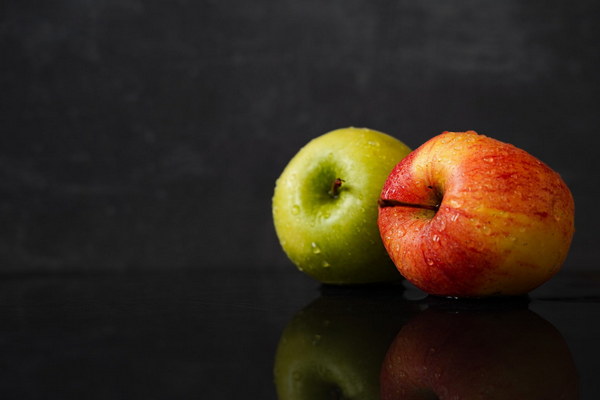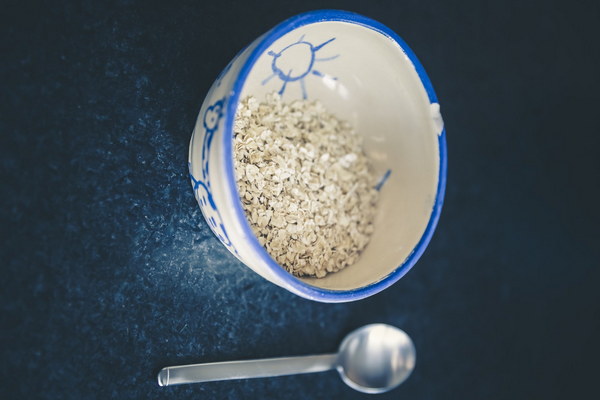Postpartum Nourishment A Journey to Restore and Revitalize
The journey of motherhood is a transformative experience that brings immense joy but also demands significant physical and emotional resilience. Postpartum, the period following childbirth, is a critical time for new mothers to focus on their health and recovery. One of the most important aspects of this phase is postpartum nourishment, a process that not only helps in restoring the body but also aids in the mother's overall well-being. This article explores the significance of postpartum nourishment and provides insights on how to embark on this vital journey.
Postpartum nourishment is essential because it addresses the physical demands placed on a woman's body during pregnancy and childbirth. The body undergoes significant changes, including the shedding of the placenta, the contraction of the uterus, and the healing of the perineum. These processes require a substantial amount of energy and nutrients, which can be replenished through proper nutrition.

One of the primary goals of postpartum nourishment is to support the body's healing process. A well-balanced diet rich in essential nutrients can accelerate recovery and help prevent postpartum complications such as hemorrhaging, infection, and anemia. Here are some key nutrients that play a crucial role in postpartum nourishment:
1. Protein: Essential for tissue repair and the production of breast milk, protein is a vital component of postpartum nutrition. Lean meats, fish, eggs, dairy products, legumes, and nuts are excellent sources of protein.
2. Iron: Iron is essential for the production of hemoglobin, which carries oxygen throughout the body. Postpartum anemia is a common concern, and iron-rich foods such as lean meats, poultry, fish, beans, lentils, and fortified cereals can help replenish iron stores.
3. Calcium: Calcium is crucial for bone health and the production of breast milk. Dairy products, leafy greens, and fortified foods are great sources of calcium.
4. Vitamin D: Vitamin D works with calcium to maintain bone health and is also vital for the immune system. Sunlight exposure is a natural source of vitamin D, but it can also be obtained through dietary sources such as fatty fish, fish liver oils, and fortified foods.
5. Folic Acid: Folic acid is essential for the production of new cells and can help prevent neural tube defects in a developing fetus. It is also important for postpartum recovery and can be found in leafy greens, beans, lentils, and fortified cereals.
6. Omega-3 Fatty Acids: Omega-3 fatty acids are important for brain development and have been shown to aid in mood regulation. Foods rich in omega-3s include fatty fish, flaxseeds, chia seeds, and walnuts.
7. Hydration: Proper hydration is crucial for postpartum recovery. Water aids in the elimination of waste, supports milk production, and helps with the overall healing process. Aim to drink at least 8 to 12 glasses of water per day.
In addition to a well-balanced diet, other practices can enhance postpartum nourishment. Here are some tips to consider:
1. Rest: Ensure you get enough rest and sleep, as your body needs time to recover from the physical demands of childbirth.
2. Breastfeeding: Breastfeeding not only provides your baby with essential nutrients but also helps your body burn calories and shrink the uterus.
3. Gentle Exercise: Engage in gentle exercises such as walking or postpartum yoga to aid in recovery, improve circulation, and boost your mood.
4. Stress Management: Practice stress-reducing techniques such as meditation, deep breathing exercises, and spending time with loved ones.
5. Seek Support: Lean on your partner, family, and friends for emotional and practical support during this transitional period.
Postpartum nourishment is a transformative journey that can help new mothers restore and revitalize their bodies and minds. By focusing on a balanced diet, adequate rest, and self-care practices, you can embrace this critical phase of motherhood with confidence and strength. Remember, taking care of yourself is essential for the well-being of your baby and your long-term health.









